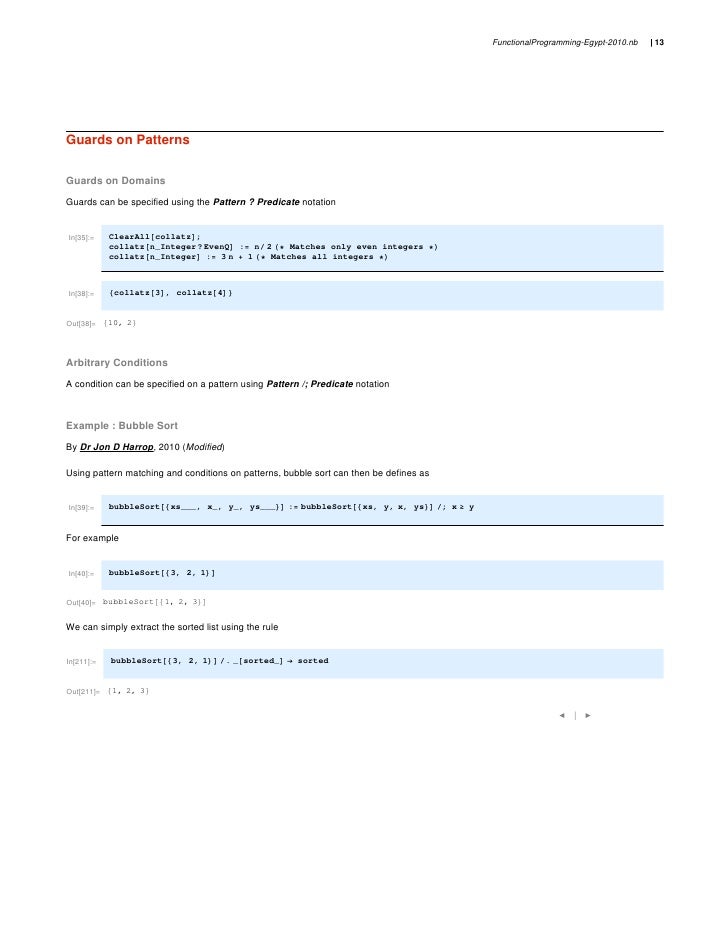

Thus, a function will always return the same output for a given input, which may not be true of imperative programming. As functional programming cannot alter the state of the program, it cannot be affected by it either. Its roots are in lambda calculus which was developed in the 1930s to investigate function definitions, function application and recursion (see later). It contrasts with the imperative style (as used elsewhere in this chapter) in that it emphasises the application of functions rather than changes in state (in other words, it evaluates expressions, whereas imperative programming evaluates statements). Edwin Claridge, in Clinical Engineering (Second Edition), 2020 Functional programmingįunctional Programming is a paradigm that evaluates mathematical functions, avoiding state and mutable 26 data. The following are appended: (1) Outline of "Heritage Keepers" Abstinence Education Curriculum (2) Outline of "Heritage Keepers" Life Skills Education Curriculum and (3) Supporting Tables for the First-Year Impact Analysis of the "Heritage Keepers" Life Skills Education Component.



The results of this study indicate that the Life Skills Education Component had a positive impact on the perceived helpfulness of program services but no impact on reported participation in health, family life, and sex education classes. It presents first-year impacts on the health, family life, and sex education services youth receive and on intermediate outcomes thought to be related to teen sexual activity and other risk-taking behavior. This report thus examines the impact that the Life Skills Education Component has on students, over and above any impact of the other components of the "Heritage Keepers" Program. All the youth participating in the Life Skills Education Component have also participated in the other components of the "Heritage Keepers" Program, most notably the core Abstinence Education Component. This report examines the impacts of providing the additional Life Skills Education Component to middle and high school youth in Edgefield, South Carolina. The "Heritage Keepers" program provides a systemic approach to abstinence education through three main components: (1) the "Heritage Keepers" Abstinence Education Component (2) the "Heritage Keepers" Life Skills Education Component and (3) the "Heritage Keepers" Community Education Component. "Heritage Keepers" is an abstinence education program developed by Heritage Community Services of South Carolina and is among the 900-plus programs receiving federal funding under the Title V, Section 510 Abstinence Education Program.


 0 kommentar(er)
0 kommentar(er)
